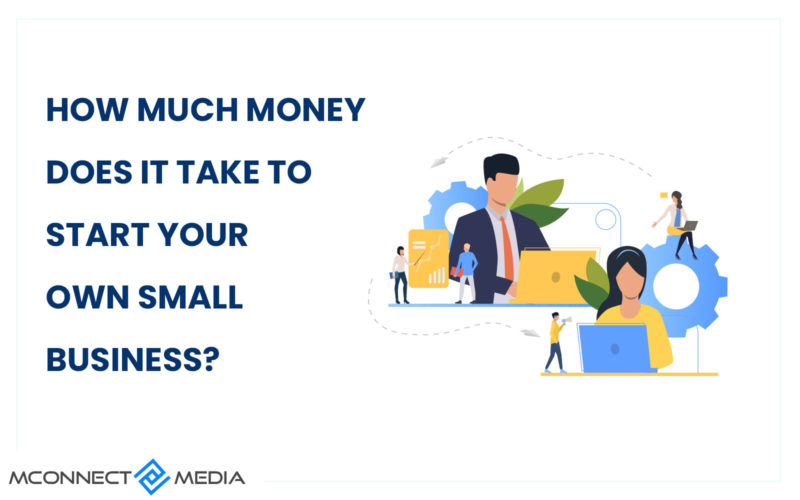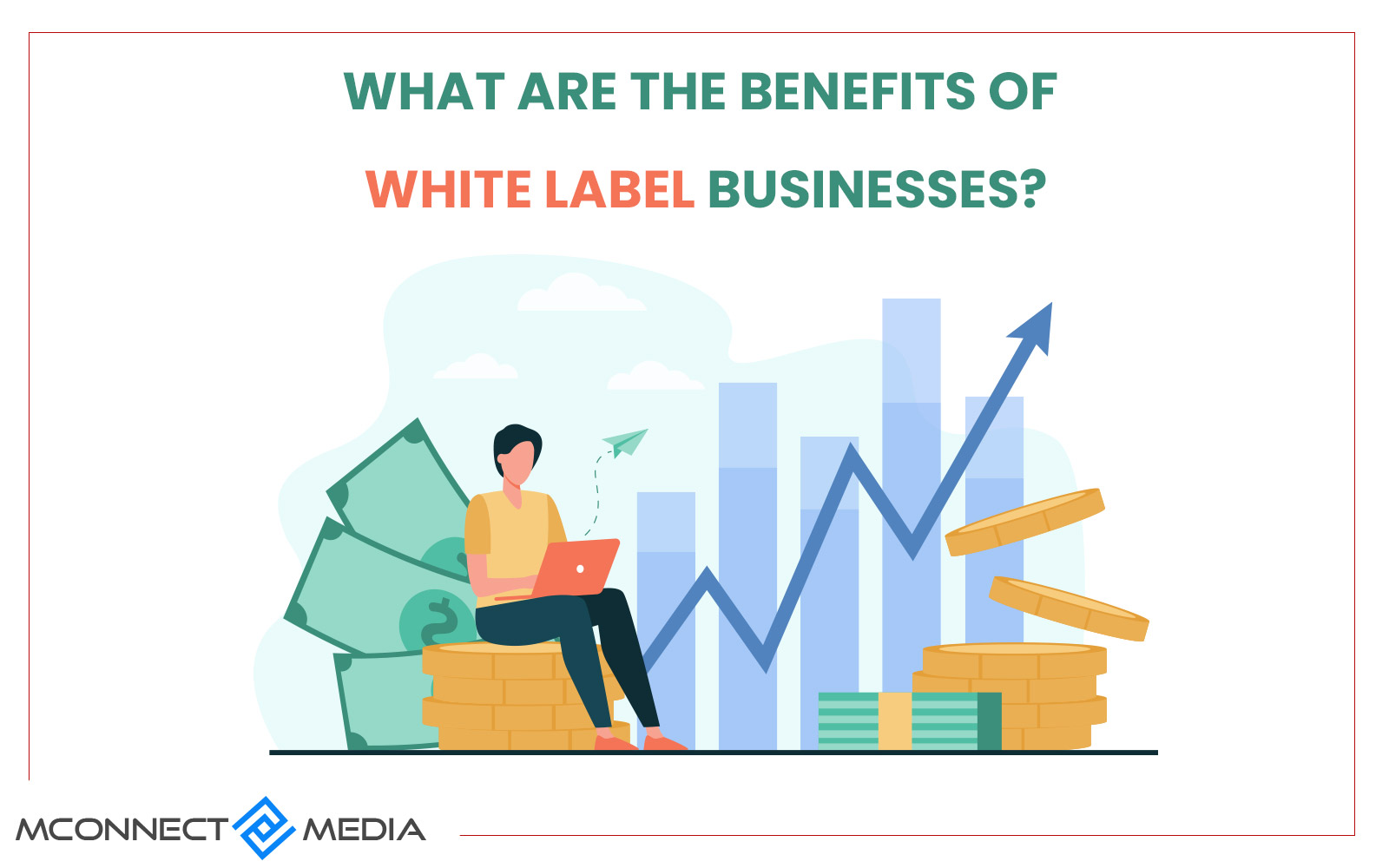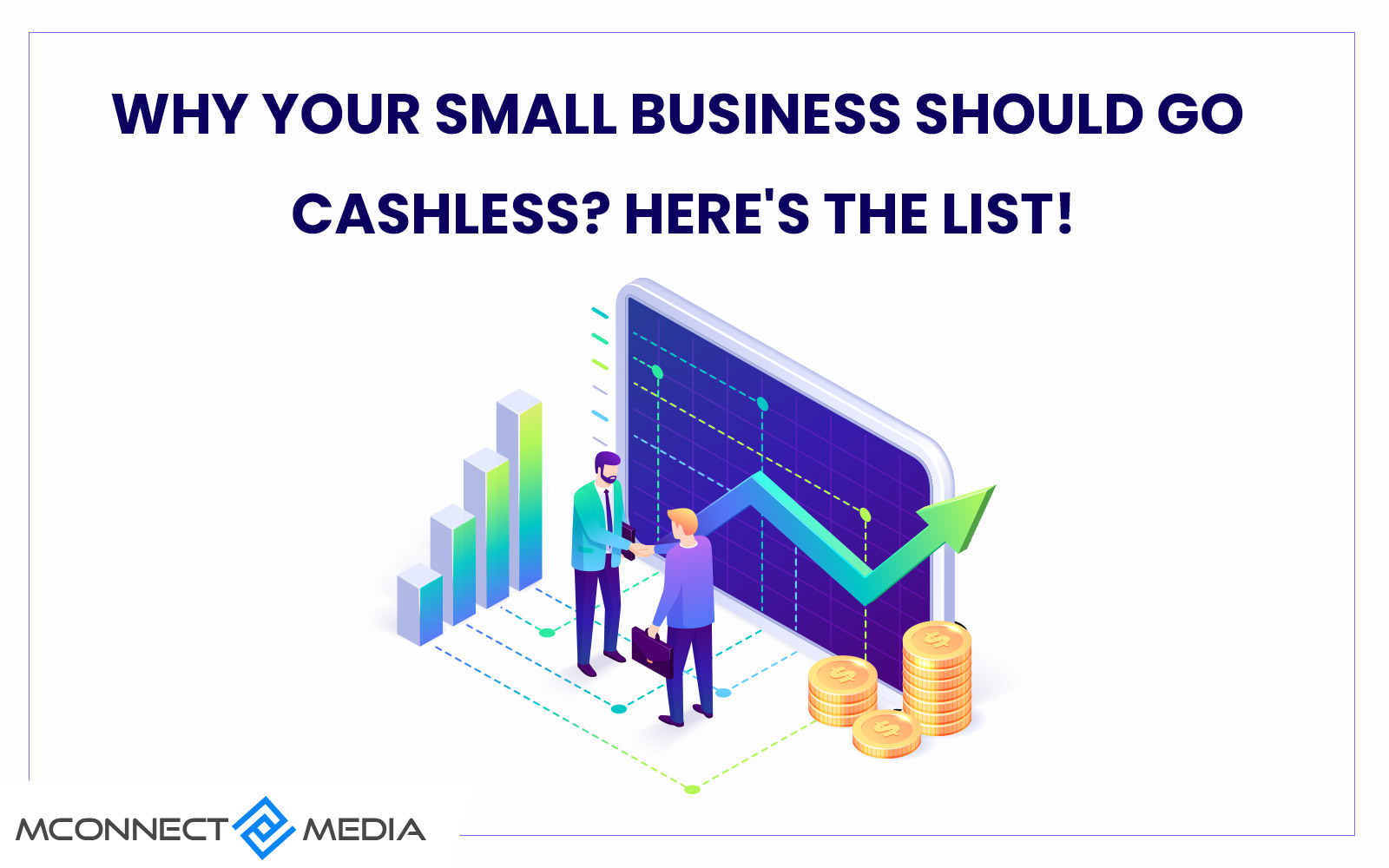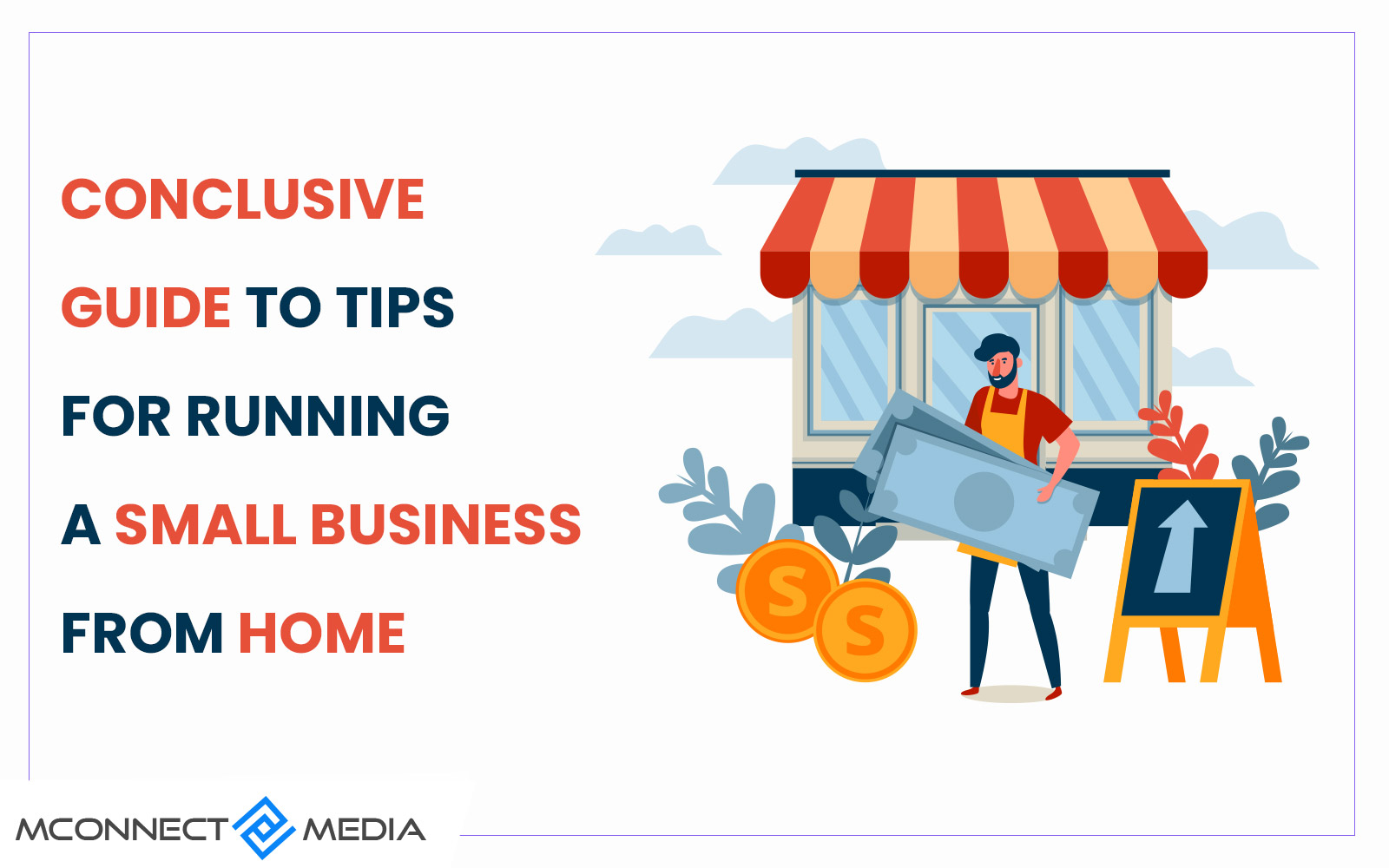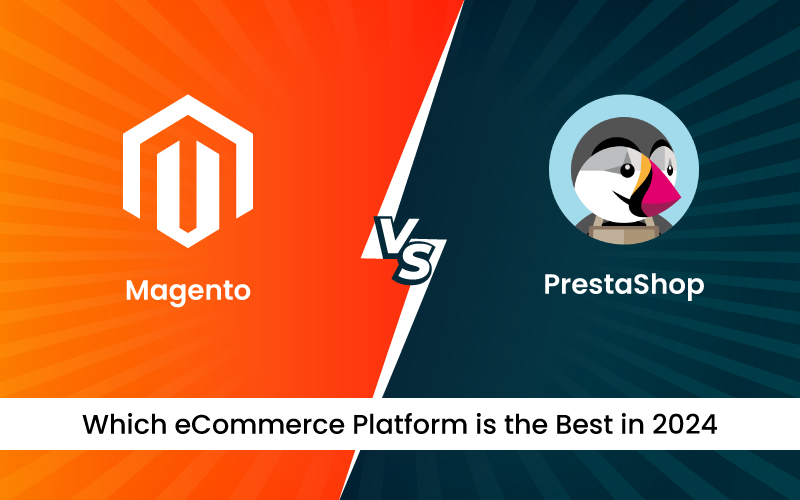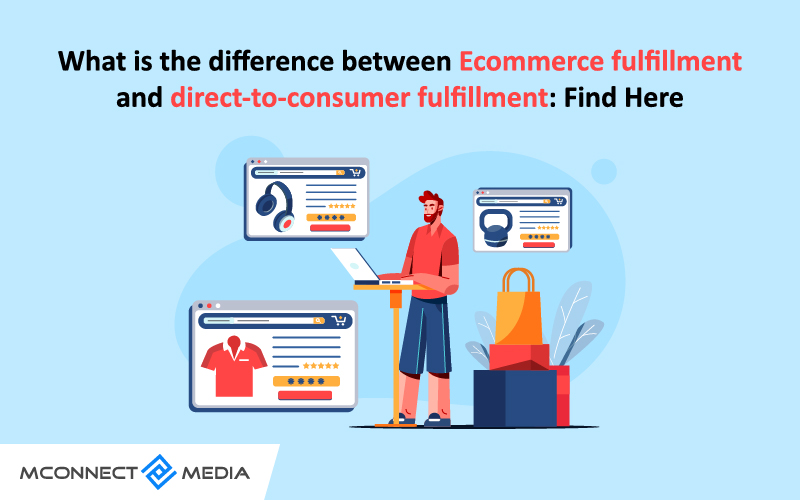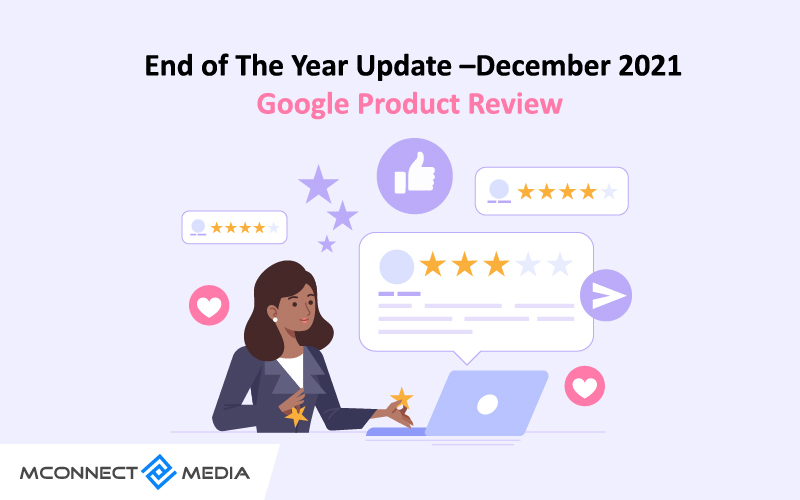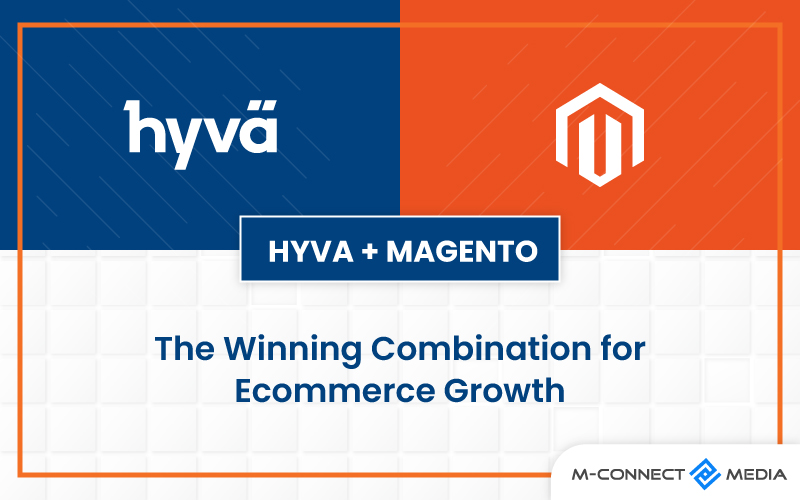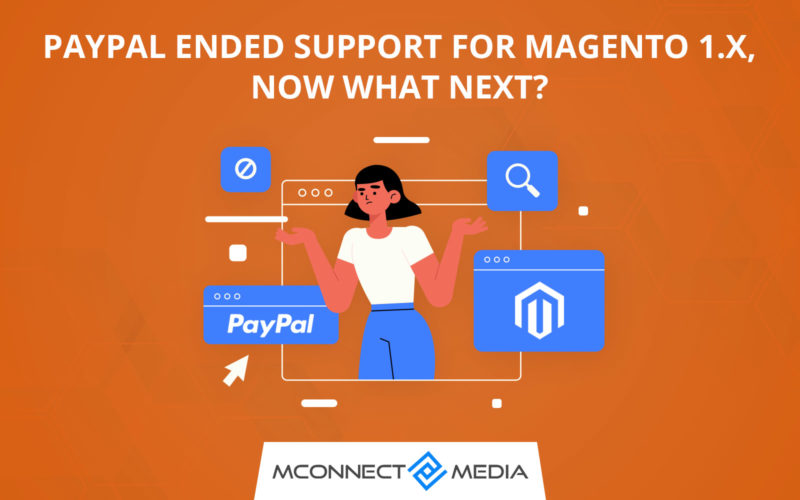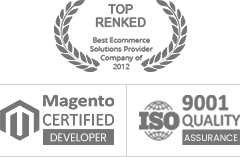They say an idea is enough to start a business and implement it rightly; but you need money. And it’s hard to know how much it costs, and that’s why you must plan early to avoid unforeseen expenses. Things like office space, ligament fees, employee’s salary, business credit cards, and other costs can add up.
If you are thinking of starting a small business, you may not know where to start your finances. This blog post will help you figure out how much you will need to launch your business and the best way to start.
Key Takeaways:
- Small business costs are the expenses incurred during the planning of creating a business.
- Before launching your small business, you need money, including a business plan, research expenses, borrowing costs, and expenses for new tools and advanced technology.
- It would help if you had post-opening costs such as advertising, promotion, and employee expenses.
- There are many types of business structures, such as sole proprietorship, partnership, and corporations. And each has start-up costs, so keep that in mind.
So, the first and very basic step is to make a list of all the purchases you’ll need to make to start operating. The best way is to categorize each expense as a one-time purchase and those that will be ongoing payments since both will factor into your business costs.
One-time purchases are necessary equipment, incorporation fees, permits and license, computers, initial business cards, signage, and business furniture.
Ongoing expenses will be business taxes, office rent, accounting & legal services, business services, website hosting, traveling cost, marketing materials, and ongoing inventory.
There are many things to add as it’s endless. Also, there are fixed and variable expenses as well that should include in your business costs. So, when you are planning for your start-up, you need to only consider essential items in the beginning.
What are start-up costs, and why should you calculate them?
Start-up costs are expenses incurred before the business is starting. We have categorized different costs above, and in addition, you will need to cover them leading up to the launch of your business.
Everyone should account for specific start-up costs; your business will generally fall under either a brick-and-mortar, online store, or service-based organization. The reason why you need to calculate is to know how much you have spent and what is the profit or ROI for the same.
It is nothing but a roadmap of business that helps you avoid unnecessary risks and stay on track during more volatile months. If you are still not convinced that you should explore start-up costs, here are a few more reasons you should calculate start-up costs.
1. Every business is different
There’s a difference between making coffee and clothes, and of course the costs of making. This means there’s no common formula for calculating start-up costs. But that doesn’t mean you cannot make an educated guess that accurately reflects the needs of your business.
A SaaS business, for example, may need to account for tools and technology to keep its site up and running. But a cloth store, brick-and-mortar, or online will need to account for physical inventory and shipping expenses.
2. Build a firm foundation
Most of the time, many people underestimate start-up costs and start their business in an unplanned way. This may work in the short term but is typically more difficult to maintain. However, managing start-up costs is almost impossible until you calculate them accurately, and customers are often wary of brand new businesses with makeshift logistics.
3. Establish your financial plan
This is one of the biggest reasons because your financial plan is an overview of your current business expenses and estimate for growth. Therefore, having a realistic start-up cost even estimated is one of the key elements of building a viable financial plan.
How can it help you?
- You can estimate profits
- You can conduct a breakeven analysis
- You can extend the runaway of your business
- You can identify potential tax deductions
How to Calculate Start-up costs for your Small Business?
One of the reasons having a business plan is a good first step for starting a small business is to answer the fundamentals and question how much money it will take to get the venture started. The point is, having an idea about start-up costs can benefit your business more than not having a plan at all. The key is to look at your business expenses as individual components. So, here we go!
-
Research Expenses
You might be thinking about how research can cost money, so you need to hire market research firms that cost money for accurate and quality resources. You can consider the research expenses and business plan, which will depend on your business model.
-
Total Expense
Knowing the total of your one-time expenses can help you know exactly what just starting the business will cost, but that isn’t all. You will also need to factor in a few month’s worths of ongoing expenses.
While your business can cover these expenses once it is operational, it may take time before it can generate enough sales to cover these costs, much less make a profit. With the help of total expenses, you can calculate every cost you need to start a small business.
-
Calculate monthly revenue
The next thing you need to calculate is monthly earnings for each type of income source. Without past sales data for your business, it is best to create a least two sets of revenue projections, an optimistic and a conservative projection.
Use your customer personas to find how often they will buy from you. Consider factors like your potential market share and current market conditions. You can also define a monthly sales estimate using your breakeven analysis.
Here is how you can list potential revenue and funding sources:
- Sales of the product or service
- Your business credit card
- Loans
- Savings from the business
- Investment income
-
Total Start-up costs
Once you have all these figures, you can total your expenses to estimate your start-up costs fairly accurately. All you need to do is calculate every cost required to set up a business and run a business. By combining and calculating together, you will have a total cost of start-up, and that’s how you will get to know how much to start a small business.
Ending Up
Hence, the start-up cost is the first line for a small business. It is a flexible action that lets you adapt to changes and anticipate cash shortfalls. We have discussed a few steps to help you calculate start-up costs for small businesses. We hope you find it insightful.
Need help in calculating costs for your new business? M-connect Media can help you guide as we have business and marketing experts who can help estimate the cost of your small business. Get in touch with us for more information.


